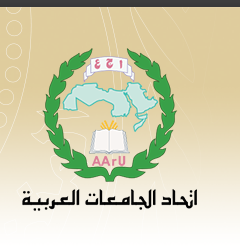Arab Journal of Administration المجلة العربية للإدارة
Abstract
The study aimed to asses to what extent Jordanian audit firms comply to the conditions of (QA) required by (IAS no.1). To accomplish this objective, the researchers conducted a field study which was implemented in two stages, in the first stage by using a questionnaire which was distributed among (170) persons representing the most important parties who are strongly related to the audit profession, they are the external auditors and the bodies who are officially responsible for supervising and controlling the profession. The number of the questionnaires received was (119) which represents about 70% of those distributed.The second stage by using an Interview sheet which was distributed to a small sample consisted of (40) persons who were included in the first sample, they were (26) Auditors and (14) from the oversight bodies concerned with supervising and controlling the profession.Descriptive statistical methods were used to analyze the study data and the one sample (t) test was used to examine the study hypotheses.The study in its first stage revealed that the actual compliance of Jordanian audit firms to (QA) conditions is poor. While in its second stage the study revealed that the non-compliances of Jordanian audit firms to the conditions of QA left many negative sides effects on both the profession and the Jordanian Economy. Accordingly, the researchers recommended that Jordanian audit firms should be aware to publicize the (QA) culture to its employees, and the control and supervision bodies should activate their authorities of accountability so as to be sure that (QA) conditions have been actually applied by both the auditors and the companies who issue the audited financial statements, and to implement sanctions and penalties on those who don’t comply to these conditions.
Recommended Citation
A. Matar, Mohammad Prof and A. Al Daas, Abdullah Dr
(2015)
"To What Extent Jordanian Audit Firms Comply with the Conditions of Quality Assurance That are Required by the International Auditing Standard No.1 A Perspective Study of the Opinions of Auditors and Employees Of Profession Oversight Bodies,"
Arab Journal of Administration المجلة العربية للإدارة: Vol. 35
:
No.
2
, Article 3.
Available at:
https://digitalcommons.aaru.edu.jo/aja/vol35/iss2/3

